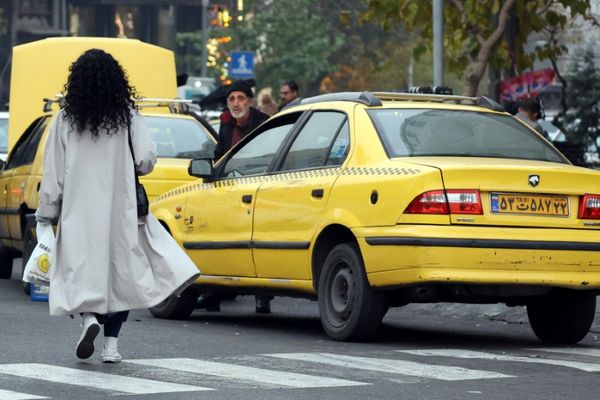For nearly a decade Gkuthaarn woman Leanne Edwards and her people fought for native title recognition over land in the Gulf of Carpentaria where their ancestors had lived for thousands of years.
In 2020, native title was granted over 16,000 kilometres of land in Normanton.
"But we couldn't build on that land," Ms Edwards said.
"We didn't own it. We couldn't use it for housing or the economic development of our people."
That changed when freehold title was recently granted over 155 hectares of that region.
"Now we own a bit of the land. Our people can move back onto it and own their own homes and start up businesses — there's a lot of opportunity," Ms Edwards said.
She said simplifying the pathways to achieving freehold ownership should be the focus for the independence and economic development of Aboriginal communities.
Native title and freehold title
Unlike native title, which legally recognises the rights and interests of Aboriginal peoples to the land, freehold title allows full ownership.
Prior to achieving freehold title, Gkuthaarn and Kukatj people struggled to participate in the region's housing market, Ms Edwards said.
Meanwhile, the rights of pastoralists override the native title rights in that region.
"A lot of our mob are living in rentals or government housing so a lot of them don't own their own homes," Ms Edwards said.
"The blocks are hard to come by or they're all owned by the council so when they come up at an auction … Aboriginal people just don't have that money when it's auction time.
Planning, Environment and Land Use management partner at Cooper Grace Ward law firm, Leanne O'Neill, has practised native title law for about 20 years.
She said the clash between pastoral rights and native title rights was common.
"In the case of pastoral lease rights, a native title holder would not be able to use or live in improvements done by the pastoral lease holder," O'Neill said.
She said that barrier was removed through freehold ownership where the land could not be owned or sold outside the Aboriginal community.
Owning the future
As one of the people who had moved onto freehold-owned land, Ms Edwards said it gave her hope for the progression and growth of her community.
"It's great because it means our people can actually start a business on some of the blocks — some of them are industrial blocks," she said.
"I'd like to see all indigenous people from Gkuthaarn and Kukatj have their own blocks of land that mean they actually own their home.
Processes far from 'fair'
It took eight years for the Gkuthaarn and Kukatj people to gain native title before freehold ownership was also achieved.
For Ms Edwards it was a bittersweet win.
"Freehold ownership means a lot," she said.
"But it's sad because we've lost some of our elders along the way who started the process with us and who passed away not knowing the outcome."
But she said the process of attaining recognition and ownership over parcels of land was "ridiculous".
Ms O'Neill said ensuring Indigenous groups had access to the legal system was challenging.
"The laws around native title and land tenure are very complicated, and navigating these laws for real world outcomes is costly and time consuming," she said.
"It is an ongoing challenge to prevent parties from being deprived of their rights due to lack of resources or cost," she said.
Ms Edwards hoped the pathway to freehold ownership for Aboriginal people would simplify over time.
"It's a good step in the right direction. The government's policies have changed over the years, which has made the native title process a lot better.
"But for me and my people, we've won and it's a really proud moment."







